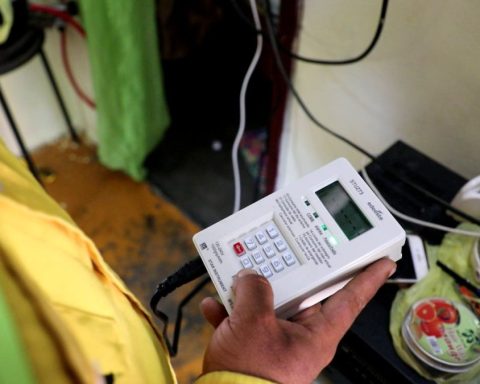Rigidities imposed on the country’s labor market, including that of minimum wages, have taken away flexibility
The discussions initiated in the country about an increase in minimum salary They should be used to seriously discuss whether the large number of current minimum wages, whose intention is to ensure a minimum quality of life for workers, have served to stop that or, on the contrary, have ended up generating distortions in the economy that make it lose ability to generate good wages.
According to Bloomberg data, Dominican Republic is the third country of Latin America with the worst minimum wage, with 205 dollars, although the truth is that the current minimum wages in the country are 18. The worst is that of Venezuela, with US$30, and the second is that of Argentina, with US$189.
According to a work published by the Regional Center for Sustainable Economic Strategies (CREES), authored by Rolando Martínez Agüero, this occurs because the rigidities imposed on the country’s labor market, including that of minimum wages, have taken away flexibility from that market, with unwanted consequences, such as an increase in unemployment and labor informality.
A relationship between the labor market regulation score of the 2022 Index of Economic Freedom prepared by the Fraser Institute and the average GDP per capita in the 2015-2021 period, shows that in countries with less labor market regulations, earnings are, on average, higher.
This occurs because the salary must respond to the individual contribution that each worker makes in the productive process, that is, their level of productivity. When wages are not based on this criterion, they increase the non-wage labor cost and generate greater unemployment in the informal sector of the economy.

















